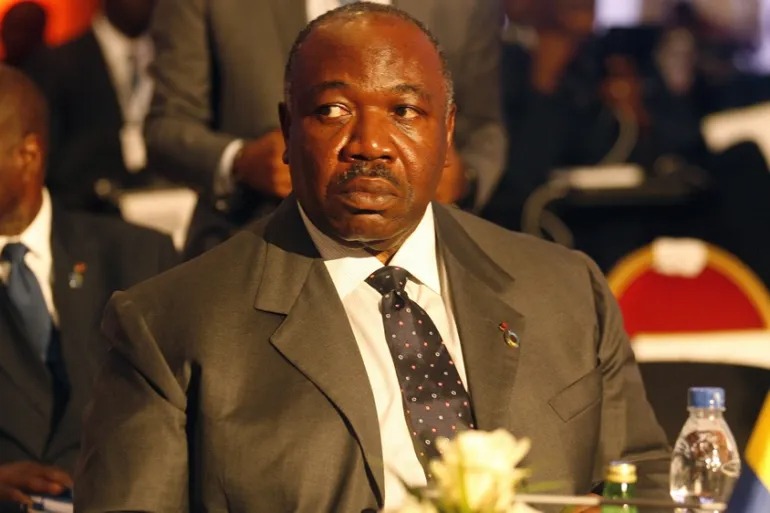Gabon’s former president, Ali Bongo Ondimba, who had been under house arrest since the military coup on August 30, has been released and is now free to seek medical treatment abroad, announced Gabon’s military. General Brice Oligui Nguema, who was recently sworn in as Gabon’s new head of state, signed the statement granting Bongo his freedom. This development comes after Bongo was ousted from power following contentious election results that would have extended his 14-year presidency.*
Colonel Ulrich Manfoumbi, the spokesman for Gabon’s military, conveyed this news in a televised statement on Wednesday evening, emphasizing Bongo’s state of health: “Given his state of health, the former President of the Republic Ali Bongo Ondimba is free to move about. He may, if he wishes, travel abroad for medical checkups.”
Bongo’s health has been a significant concern; he suffered a stroke five years ago and has been deprived of access to his personal medical team. “For his family, it’s another issue. His wife was held on the fourth floor of the presidential palace with his son Noureddin. All of them are accused of high treason,” reports Al Jazeera’s Nicolas Haque, highlighting the complex situation.
General Oligui, a cousin of Bongo and former head of the country’s republican guard, is now at the helm of Gabon. He has confirmed that Bongo’s family will have to face justice as they have been accused of embezzling state funds. This raises legal challenges and potential repercussions for the former first family.
Upon taking the oath of office at the presidential palace on Monday, General Oligui stated that the military had assumed control of the country without violence and pledged to return power to the people through transparent and fair elections. While this coup has garnered support from a section of the Gabonese public, it has sparked condemnation from the African Union and the international community.
The coup’s impact on Gabon’s political landscape and the uncertain future of the Bongo family remain subjects of intrigue and concern. Ali Bongo’s newfound freedom, particularly his option to seek medical treatment abroad, opens a new chapter in the unfolding narrative of Gabon’s political transition. As the nation watches closely, it waits to see how the international community will respond to these developments, casting a shadow of uncertainty over Gabon’s future.















